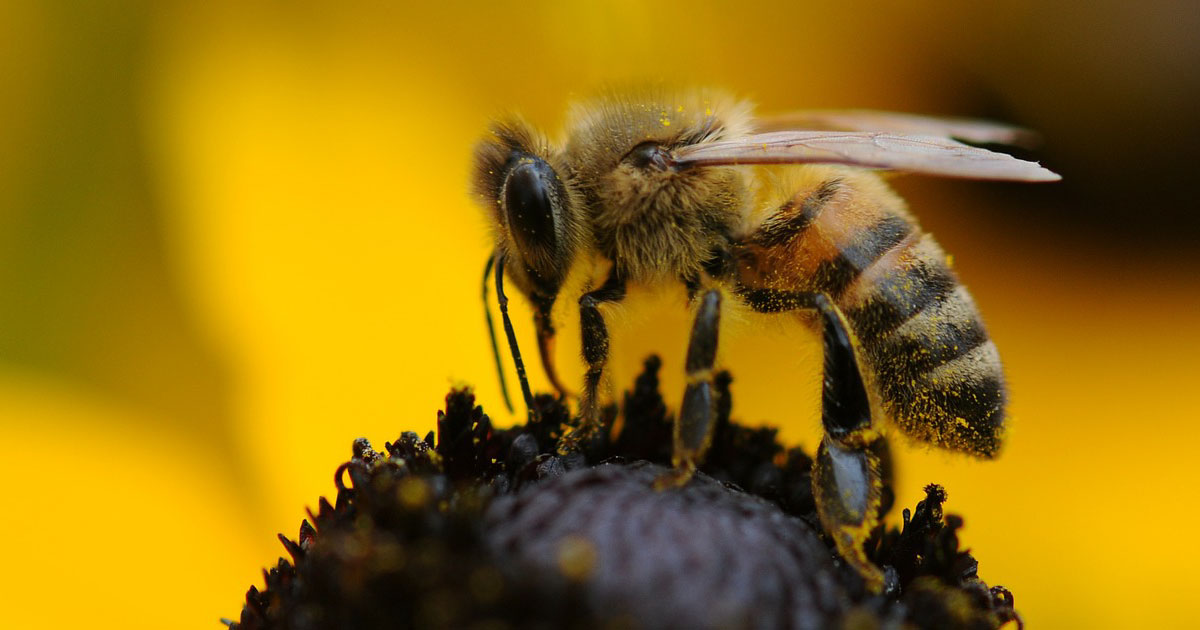
Bayer Pressured Researchers Over Neonic Study Results, but Researchers Pushed Back
Agrichemical giant Bayer helped fund a study by university academics, then pressured them to omit photos that implicated a defective insecticide-treated seed product as a threat to bees, according to communications obtained by U.S. Right to Know.
April 1, 2023 | Source: U.S. Right to Know | by Abbe Hamilton
Agrichemical giant Bayer helped fund a study by university academics, then pressured them to omit photos that implicated a defective insecticide-treated seed product as a threat to bees, according to communications obtained by U.S. Right to Know.
Several seed and insecticide companies, including Bayer, paid Ohio State University researchers to determine how much their insecticide-coated seed products affected bees during corn planting season in 2014 and 2015. After the researchers presented their preliminary results to “stakeholders,” which included funders, a Bayer official asked that their final report exclude photos of insecticide-coated corn seeds in which the product appeared defective. He also urged the researchers to qualify statements in the final report that discussed threats to bee health in ways that benefited Bayer’s corporate interests.
Although the photos and all the researchers’ conclusions ultimately made it to the final publication, internal emails show the seed and chemical industry funders intensely scrutinizing the researchers’ findings during pre-publication presentations. The study’s funding contract allowed funders to review and comment on findings prior to publication, and required pre-approval for any press releases or sharing of results.
